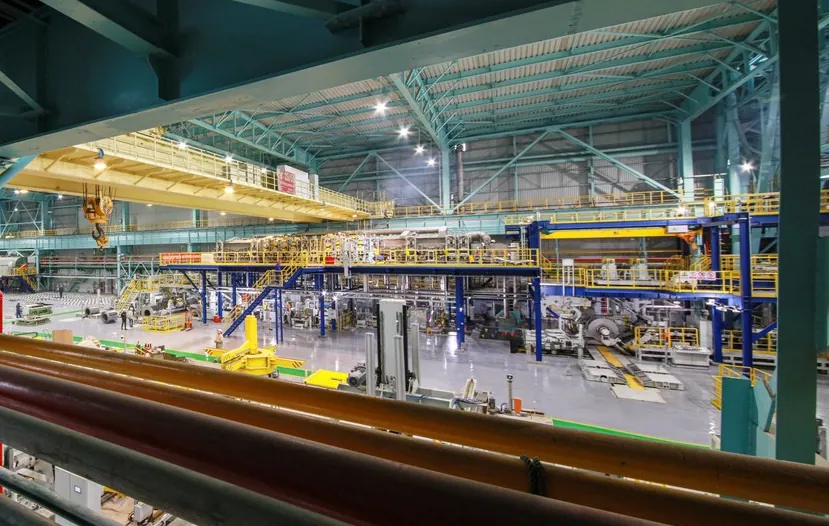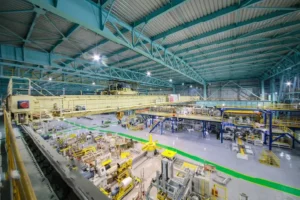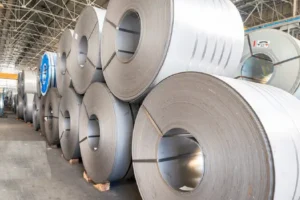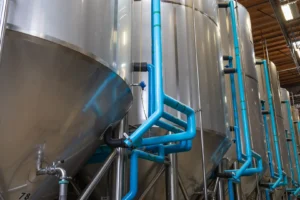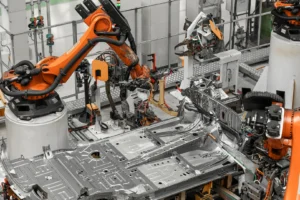How to Find the Biggest and Most Reliable Stainless Steel Supplier for Global Export?
Finding the right global supplier is a high-stakes decision. A wrong move can jeopardize your projects and reputation. The solution is a clear, strategic evaluation process.
Finding the best stainless steel supplier involves a five-step process: defining your exact technical needs, researching suppliers using modern data-driven metrics, verifying their reputation and reliability, assessing their export expertise, and negotiating a true long-term partnership rather than just a transactional purchase.
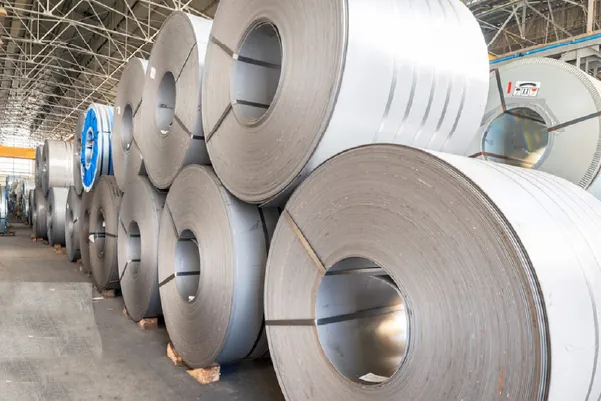
In my role at MFY, I've seen countless businesses navigate this challenge. The market is vast, and the difference between a good supplier and a great partner can define your success. It’s not just about finding the biggest; it’s about finding the smartest and most resilient. Let’s walk through the exact framework I use to guide our partners, breaking it down into actionable steps.
How Do You Identify Your Specific Stainless Steel Needs and Requirements?
Vague requirements lead to inaccurate quotes and wasted time. This ambiguity can cost you dearly. Defining your specifications upfront ensures you get exactly what you need, fast.
To identify your needs, you must document everything: the exact grade (e.g., 304, 316L), surface finish, precise dimensions and tolerances, quantity, and any application-specific standards. This detailed specification forms the foundation for your entire supplier search and evaluation process.
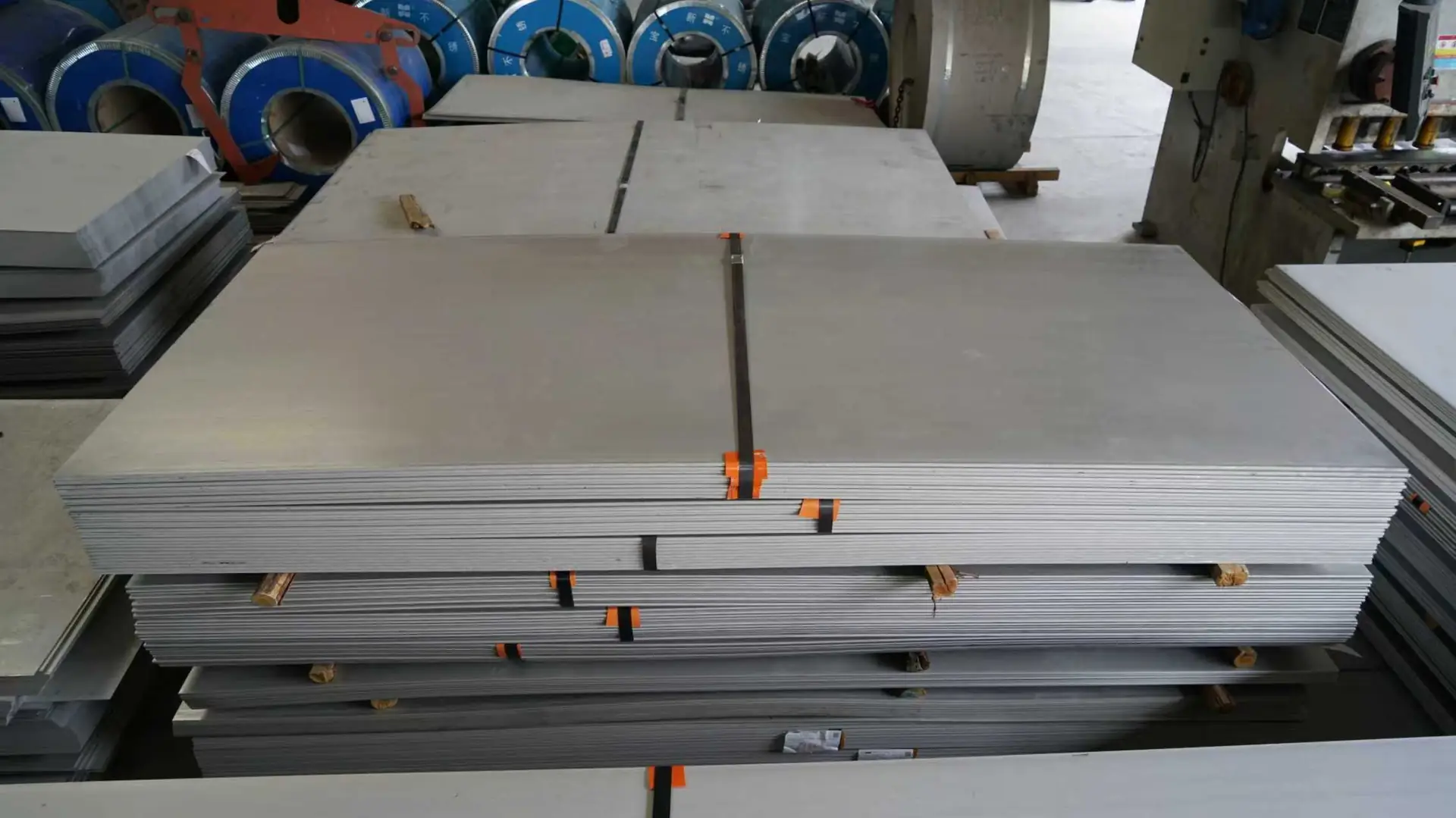
Over the years, I’ve learned that the most successful projects begin with absolute clarity. Going deep into your requirements isn't just a formality; it's a critical risk-management tool. A detailed Request for Quotation (RFQ) acts as your first filter, immediately separating professional suppliers from those who are not. I remember a client in Germany building marine equipment who simply requested "corrosion-resistant steel." This could have led them to a cheaper but inadequate material. We guided them to specify 316L with a particular finish, a detail that saved their project from premature failure. Your initial work here pays dividends throughout the entire procurement lifecycle.
Beyond the Grade Number
Your specification must go further than just the grade. Think about the end-use. Will the steel be welded? Deep-drawn? Exposed to specific chemicals? These questions influence the required mechanical properties and chemical composition, even within the same grade. A reliable supplier will ask these questions, but a prepared buyer provides the answers proactively. This demonstrates your expertise and sets a professional tone for the relationship.
The Importance of a Detailed RFQ
A strong RFQ is your best friend. It should be a comprehensive document that leaves no room for interpretation. Here is a simple table outlining what a basic technical specification sheet should include:
| Parameter | Example Specification | Notes |
|---|---|---|
| Material Grade | Stainless Steel 316L | Be precise. Avoid general terms. |
| Standard | ASTM A240 | Specify the international standard (ASTM, EN, JIS). |
| Dimensions | 2.0mm x 1500mm x 3000mm | Thickness x Width x Length. |
| Tolerance | Per ASTM A480/A480M | Define acceptable dimensional variations. |
| Surface Finish | No. 4 (Brushed) | Specify finish and any protective film required. |
| Quantity | 25 Metric Tons | Clearly state the volume. |
| Application | Food processing equipment | Helps the supplier understand the context. |
How Should You Research Potential Suppliers and Evaluate Their Market Presence?
The global market is crowded with suppliers. It’s overwhelming to know where to start. A focused research strategy helps you quickly separate the true contenders from the pretenders.
Research suppliers by analyzing their digital footprint, industry certifications, and public case studies. Evaluate their market presence by looking at their global reach, production capacity, and, crucially, their investment in modern digital supply chain tools and transparency.
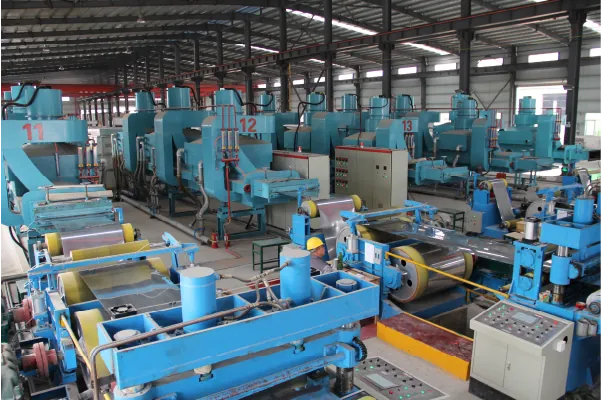
The way we evaluate suppliers has fundamentally changed. A decade ago, the main question was, "How big is your factory?" Today, the more important question is, "How agile and transparent is your supply chain?" In a world of geopolitical shifts and economic volatility, sheer size is no longer the ultimate indicator of a reliable partner. The real leaders, the ones you can depend on, are those who have embraced digital transformation. They provide data, not just promises. At MFY, we built our global service model on this principle of agility and innovation, because we know it's what our partners need to win.
From 'Biggest' to 'Smartest'
The smartest suppliers use technology to their advantage. They offer platforms where you can track your order in real-time, access quality documentation instantly, and get live updates on production and shipping. This digital infrastructure is a powerful indicator of a company's commitment to efficiency and customer service. It shows they are resilient and prepared for disruptions. A supplier that still relies solely on email and spreadsheets for critical operations is a risk in today's fast-moving market.
Leveraging Digital Platforms for Evaluation
When researching, look for evidence of a supplier's digital maturity. Do they have a modern, functional website with clear product information? Do they publish data-driven reports or use a sophisticated ERP system? This shift in evaluation is crucial.
| Traditional Metrics (Outdated) | Modern Metrics (Essential) |
|---|---|
| Factory size / number of employees | Real-time inventory visibility |
| Years in business | Digital order tracking & documentation |
| Vague claims of "high quality" | Publicly available performance data |
| Focus only on production capacity | Demonstrated supply chain resilience |
Prioritizing suppliers with a robust digital framework means you are choosing a partner built for the future, one that can provide the stability and transparency your business needs to thrive.
What's the Best Way to Assess the Reliability and Reputation of Suppliers?
A supplier's website looks perfect, but can you trust their promises? This doubt is natural and healthy. Verifying their reputation is essential to avoid project delays and financial loss.
Assess reliability by requesting client testimonials, checking third-party reviews, and verifying their quality management certifications (like ISO 9001). A supplier's true reputation is proven by their track record of consistent quality and on-time delivery, especially during market volatility.
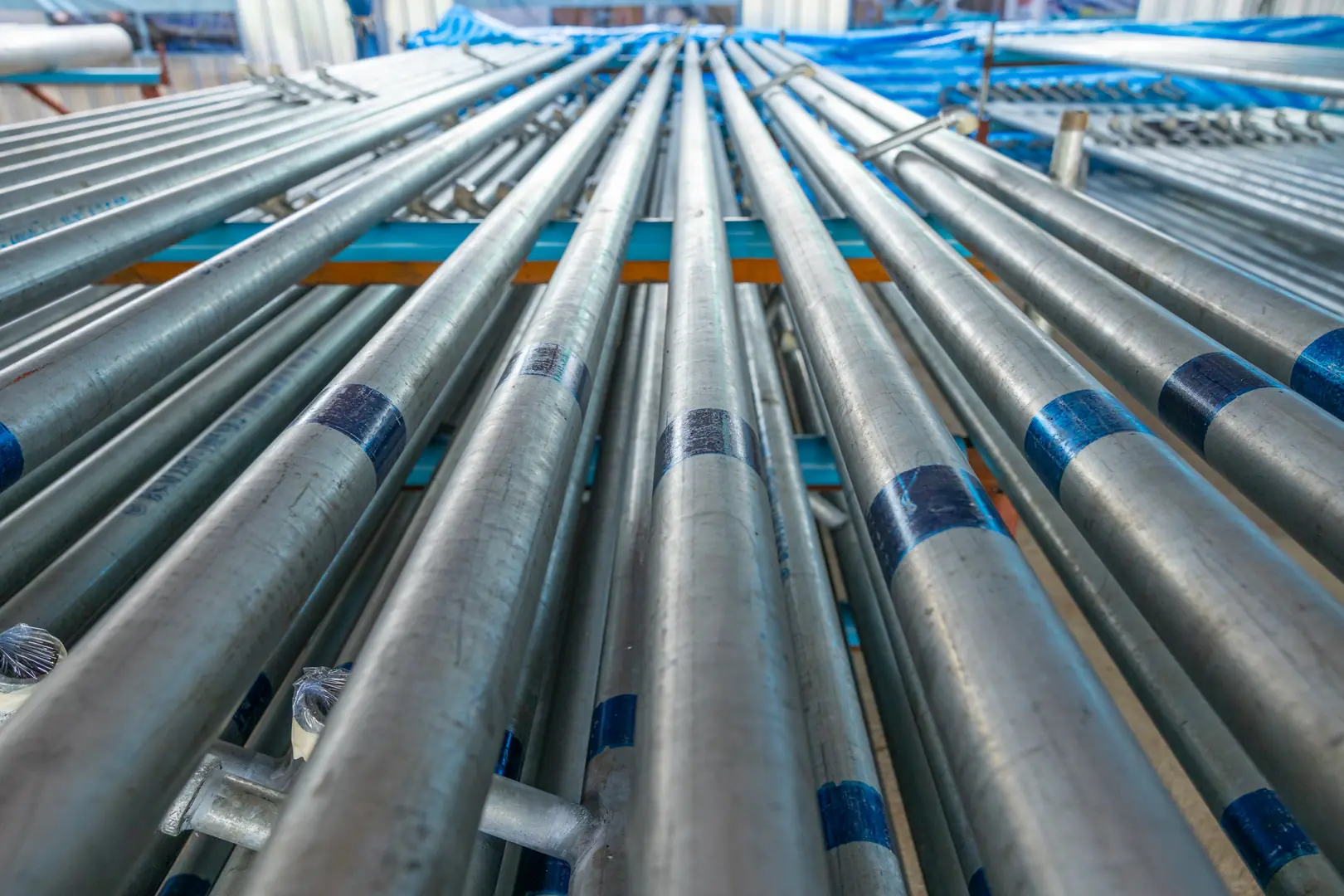
Reputation is earned, not claimed. It's built over thousands of successful orders and tested during times of crisis. I always tell our prospective partners to look beyond the marketing materials and dig into the supplier's actual performance history. A truly confident and reliable supplier will be transparent. They will not hesitate to provide you with references or showcase their quality control processes. This is where you separate the established professionals from the newcomers. A certificate on the wall is one thing; a history of delivering under pressure is another entirely.
The Power of a Reference Check
Don't be shy about asking for references—and actually contacting them. Speak to a current client in a similar industry or region. Ask them the tough questions: How does the supplier handle problems? What is their communication like when things go wrong? How consistent is their product quality from one shipment to the next? The answers to these questions are far more valuable than any brochure. I once had a potential client in Brazil who was on the fence. I connected them with a long-term partner of ours in Mexico. That single, honest conversation did more to build trust than a month of negotiations.
Resilience as the New Reliability
In today's world, reliability is synonymous with resilience. During the global shipping crisis of 2021, we saw the true test of suppliers. Many large, seemingly "reliable" companies with rigid systems completely failed their clients. Their containers were stuck, and they had no answers. In contrast, the more agile suppliers—those with diverse logistics networks and proactive communication systems—found alternative routes and kept their clients informed. This is the new benchmark for reliability. Ask potential suppliers to describe how they managed a recent supply chain disruption. Their answer will tell you everything you need to know about their ability to be a dependable partner.
How Can You Evaluate a Supplier's Export Capabilities and Compliance?
Your steel is produced and ready to go, but it's stuck at the port. This is a supply chain manager's nightmare. A supplier without proven export expertise is a massive liability.
Evaluate export capabilities by examining their logistics infrastructure, documentation expertise (e.g., Mill Test Certificate, Certificate of Origin), and deep familiarity with your country's specific import regulations. Ensure they comply with international standards like ASTM, EN, and JIS to guarantee product acceptance.
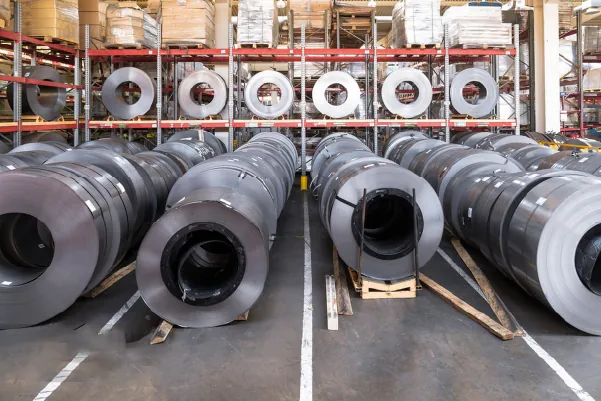
Manufacturing a quality product is only half the battle. Getting it from the factory floor to your facility, across borders and oceans, is a complex process filled with potential pitfalls. A supplier’s expertise in global trade is not a "nice-to-have"; it is a core competency that you must verify. At MFY, our export service team is as critical as our production team. They are the ones who ensure that a perfectly good product doesn't become a costly problem due to a documentation error or a customs misunderstanding. An experienced export partner understands Incoterms[^1], manages freight forwarding seamlessly, and anticipates bureaucratic hurdles before they happen.
More Than Just a Shipping Label
A supplier's export capability is a direct reflection of their professionalism and experience. A seasoned exporter will have a dedicated team that understands the nuances of international trade. They can advise you on the most efficient shipping routes, the most cost-effective packaging, and the specific documentation your country's customs will require. This proactive guidance is invaluable and is a clear sign that you are working with a partner, not just a vendor.
The Non-Negotiable Document Trail
Correct documentation is the lifeblood of international trade. A single missing or incorrect paper can lead to indefinite delays and costly fines. Here is a basic checklist of documents you should expect a competent supplier to provide without issue:
| Document | Purpose | Why It's Critical |
|---|---|---|
| Commercial Invoice | The primary document for customs valuation. | Must be accurate to avoid tax and duty issues. |
| Packing List | Details the contents of the shipment. | Essential for customs clearance and your own inventory receiving. |
| Bill of Lading (B/L) | The contract between the shipper and carrier. | Acts as a receipt and title to the goods. |
| Certificate of Origin (COO) | Verifies the country where the goods were made. | Needed for tariff calculations and trade agreements. |
| Mill Test Certificate (MTC) | Certifies the material's chemical and physical properties. | Your ultimate proof of quality and compliance with standards. |
If a potential supplier is vague or hesitant about providing any of these documents, consider it a major red flag.
What Are the Keys to Conducting Negotiations and Establishing Long-Term Partnerships?
You've finally found a great supplier. Now what? A purely transactional mindset won't build a resilient supply chain. Building a true partnership is what secures your success for the future.
For successful negotiations, focus on the total value and long-term cost, not just the lowest unit price. Establish a true partnership by creating transparent communication channels, setting shared performance goals, and agreeing on metrics for continuous improvement.
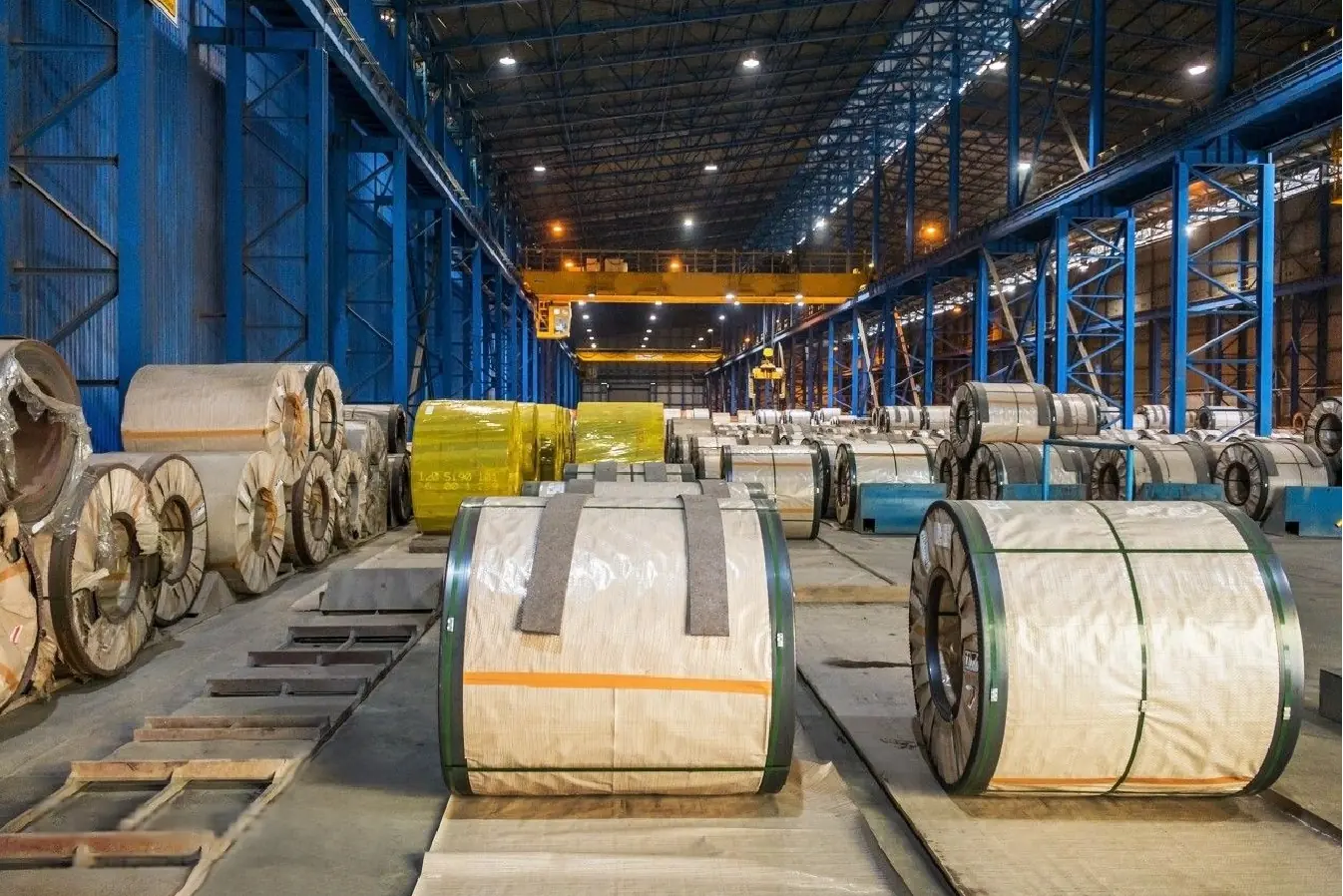
The final step is often misunderstood as simply a price negotiation. In my experience, this is where the real work of building a relationship begins. The goal isn't to squeeze every last penny out of the supplier; it's to establish a mutually beneficial framework that can withstand market pressures and grow over time. The best deals I've ever been a part of were not the ones with the absolute lowest price, but the ones that created the most long-term value for both sides. This is the shift from a procurement mindset to a strategic partnership mindset.
Price vs. Total Cost of Ownership (TCO)
A smart buyer looks at the Total Cost of Ownership (TCO), not just the price per ton. TCO includes the purchase price plus all other costs associated with the product over its lifecycle. This includes the cost of shipping, the cost of quality (or lack thereof), the cost of delays, and the administrative cost of managing the relationship. A slightly cheaper supplier who delivers late, provides inconsistent quality, or creates documentation headaches will end up costing you far more in the long run. When you negotiate, frame the conversation around TCO. This demonstrates that you are a sophisticated buyer looking for a strategic partner.
Building a Resilient Partnership
A contract is just a piece of paper. A partnership is a living relationship built on trust, communication, and shared goals. Once the terms are agreed upon, the work of building the partnership starts. Establish regular communication channels, whether it's a quarterly business review or a shared project management dashboard. Be transparent about your future needs and market outlook, and expect the same from your supplier. When challenges arise—and they always do—a partnership-based approach means you work together to find a solution, rather than pointing fingers and assigning blame. This collaborative spirit is what transforms a simple supply chain into a powerful competitive advantage.
Conclusion
Finding the right global stainless steel supplier requires looking beyond size and price. The best partner for your business will be one that is agile, digitally integrated, and transparent. By focusing on your specific needs, conducting data-driven research, and building a true partnership, you can secure a supply chain that is not only cost-effective but also resilient enough to support your growth for years to come.
Have Questions or Need More Information?
Get in touch with us for personalized assistance and expert advice.
